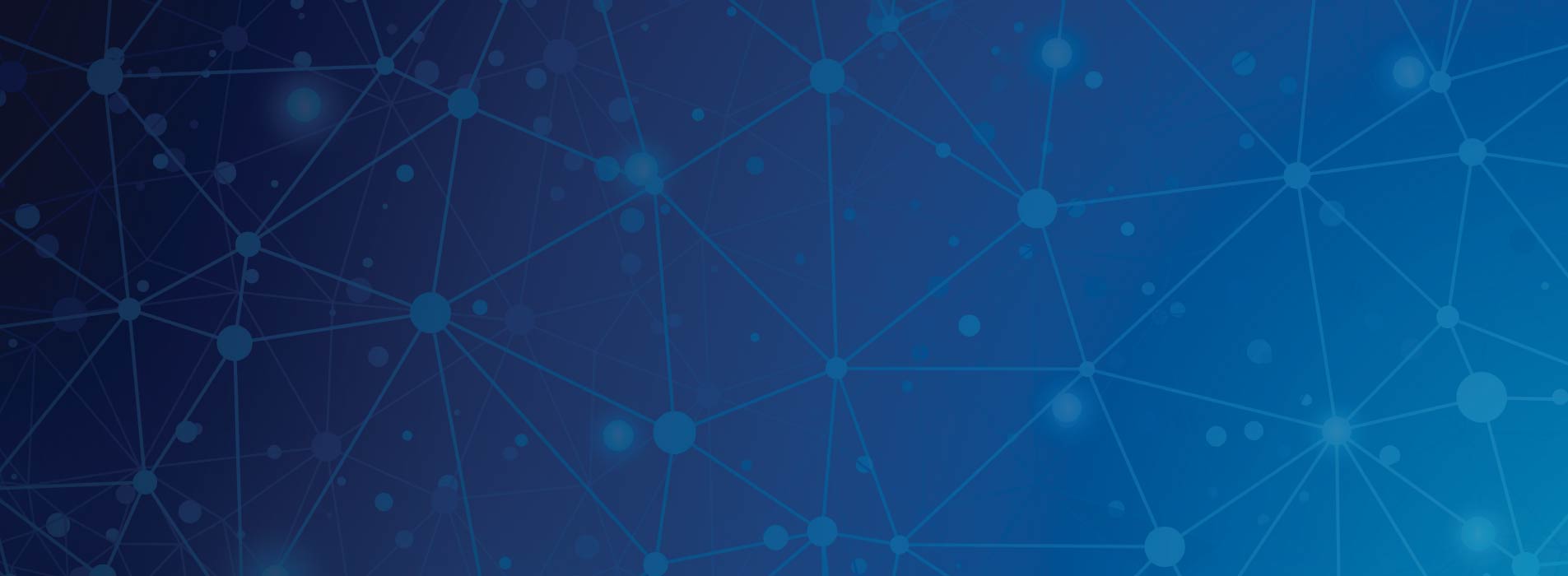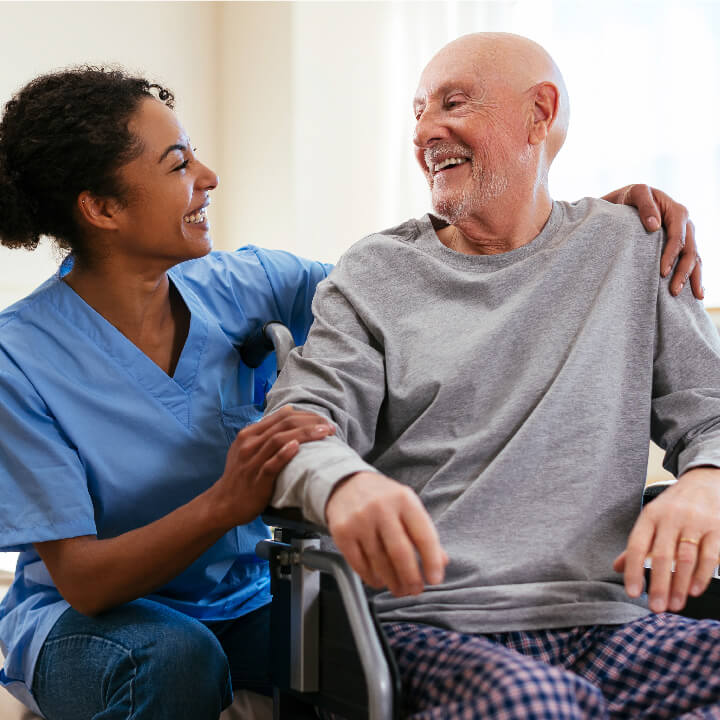Collective Medical is Now a Part of PointClickCare
In 2020 Collective Medical’s full‐continuum network united with PointClickCare’s expansive post‐acute dataset, giving care teams access to in‐depth, real‐time insights at every stage of a patient’s healthcare journey.


Your Shared Solution: PointClickCare and Collective Medical
The combination of the Collective Medical and PointClickCare platforms means we can offer our customers access to the largest real-time care collaboration network in North America.

Working Collectively: Our Combined Strengths
Our fully integrated Collective Medical and PointClickCare networks seamlessly deliver real-time data to each member of a patient’s care team that:
- Empowers effective care coordination via actionable insights for improved outcomes and reduced readmissions.
- Connects the continuum of care, from provider to payer, for enhanced collaboration and seamless transitions of care.
- Advances workplace safety in emergency departments while helping patients with high utilization access the care they need in the right setting.
Our collective talents and passion for what we do allow us to work tirelessly to achieve a future where collaborative care delivery is the standard. If you’re interested in joining our team, you can search for career opportunities here.

Truly Connected Care
Back-to-back acquisitions of Collective Medical and Audacious Inquiry expanded the PointClickCare network and our shared capabilities. Today, we work with 27,000 senior care facilities, over 2,700 hospitals, 180 health plans, and 75 state and government agencies.

Collaborative Solutions
Adding Collective Medical technologies to the portfolio of PointClickCare solutions has allowed us to further advance our mission of eliminating silos in healthcare and ensuring collaboration across the care continuum for improved patient outcomes at reduced cost.
